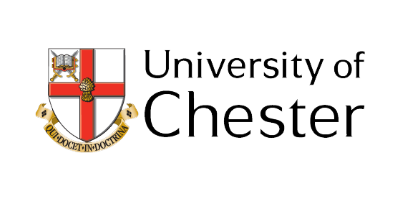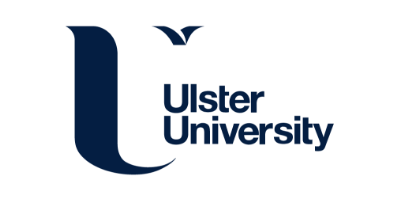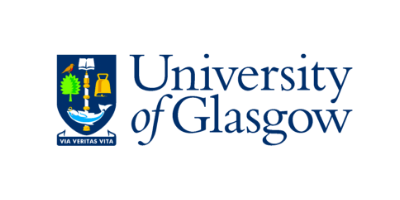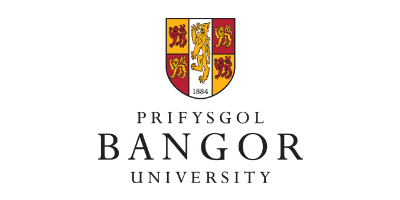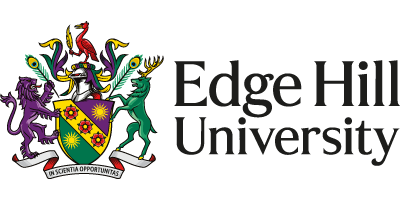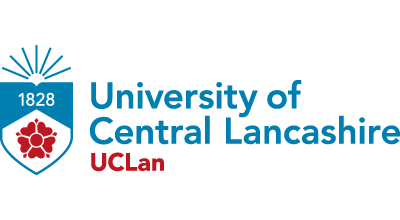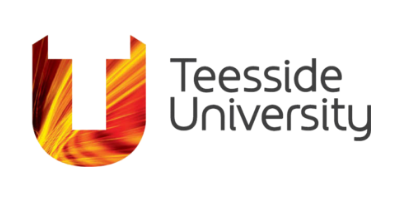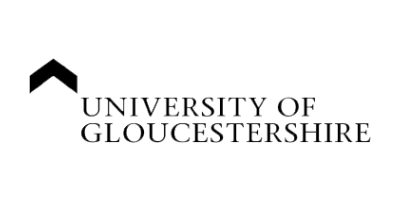
What students say about medicine

What you need to get on a course
Subjects you need
A-levels (or equivalent) usually required
- Chemistry
- Biology
Useful to have
- Critical Thinking
Application checklist
Here's a guide to what to expect from the application process - also check individual university entry requirements, as these may differ.
- January application
- October application
- Personal statement
- Portfolio
- Interview
- Entry test
- Work experience
- Audition
Personal statement advice
Your personal statement is a core part of your university application, and getting it just right takes time. Before you start work on yours, take a look at our five quick tips on writing a personal statement. We'll help you past that writer's block!
Six months after graduating
- Health professionals
Longer term career paths
Jobs where this degree is useful
- Hospital doctor
- General practice doctor
- Medical specialist
Other real-life job examples
- Health service manager
- Solicitor
- Aid Worker
What employers like about this subject
A degree in medicine will give you skills in good medical practice; in evidence-based medicine; in dealing with difficult or emergency situations and in investigating and diagnosing medical conditions. You will also gain useful transferable skills such as good communication, problem-solving and decision-making skills. Most doctors work in hospitals, clinics or GP practices, but roles are also available in the Armed Forces, the pharmaceutical industry or working for universities.

Explore these related courses...
 University of Central Lancashire | Preston
University of Central Lancashire | Preston Teesside University, Middlesbrough | Middlesbrough
Teesside University, Middlesbrough | Middlesbrough Bristol, University of the West of England | Bristol
Bristol, University of the West of England | Bristol University of Gloucestershire | Gloucester
University of Gloucestershire | Gloucester



